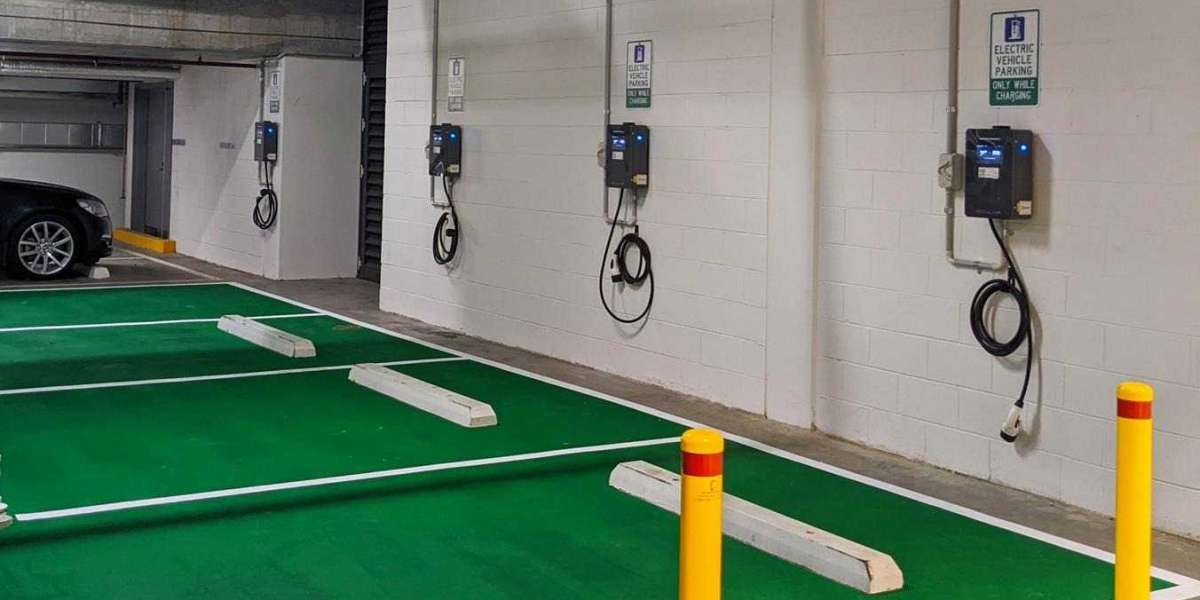As electric vehicles (EVs) become more common on New Zealand roads, the demand for reliable and accessible charging continues to grow. For businesses, councils, and property developers, installing a commercial EV charging station isn’t just a modern upgrade it’s a step toward future-proofing infrastructure. Choosing the right charging station means understanding the key features that make a solution practical, dependable, and suited to your location.
Charging Speed and Power Output
Charging speed is one of the first things to consider. Commercial EV chargers are usually either Level 2 or DC fast chargers. Level 2 chargers are well-suited to places where vehicles will be parked for extended periods, like offices, shopping centres, or apartment buildings. DC fast chargers are designed for high-turnover environments such as fuel stations, highways, or logistics hubs where fast charging is essential.
The ideal choice often depends on who will be using the charger and how long their vehicles will typically stay.
Smart Charging Capabilities
Smart charging allows businesses to manage electricity usage and reduce operational costs. Features like real-time monitoring, load balancing, and usage data reporting help ensure that the charger operates efficiently without overloading the power supply. Remote diagnostics and updates also mean fewer disruptions and reduced maintenance downtime.
Smart charging isn’t just about technology it’s about giving site owners more control and insight into how their infrastructure is performing.
Payment and Access Control
For public or semi-public locations, offering flexible payment and access options is important. Good commercial EV chargers should support things like RFID cards, mobile apps, or contactless payment terminals. Depending on the setup, you might also want to restrict access to specific user groups, such as staff or tenants.
Having the right payment and access system makes the charging process easier for users and more manageable for site owners.
Safety and Compliance
Safety is a non-negotiable feature. Commercial EV charging stations must meet all relevant electrical and safety standards in New Zealand. Key protections should include safeguards against overcurrent, overvoltage, and overheating. Weather resistance and tamper-proof housing are also essential for outdoor or public installations.
Working with a supplier who understands local regulations can help you avoid compliance issues and ensure everything is installed to code.
Scalability and Future Readiness
EV adoption is only going to increase. Choosing a system that can grow with demand—whether that’s through modular installation, expandable hardware, or scalable software will save time and costs in the long run. Your site might only need a few chargers today, but it’s smart to plan for a future where you’ll need more.
Final Thought
Choosing the right commercial EV charging station is about more than just plugging in. It’s about selecting features that fit your location, meet user expectations, and allow for future growth. From speed and safety to smart controls and scalable design, every detail plays a role in building a dependable EV charging experience.
At EVSE NZ, we provide commercial EV charging stations built for New Zealand conditions, with all the key features businesses need to get charging right. Our team works with you from planning to installation, ensuring your site is ready for the electric future today.



